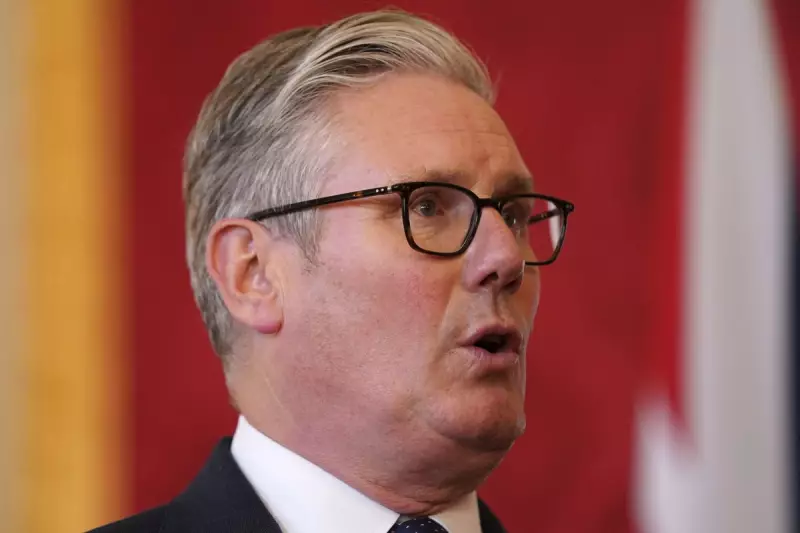
A stark warning from the Organisation for Economic Co-operation and Development (OECD) has revealed that Britain is on track to become the worst-performing advanced economy next year, marking a dramatic return to the "sick man of Europe" label that haunted the UK in the 1970s.
Grim Economic Projections
The OECD's latest economic forecast presents a troubling picture for the UK, predicting growth of just 0.4% in 2025 - the lowest among all G7 nations. This represents a significant downgrade from previous projections and places Britain firmly at the bottom of the international economic league table.
The Inflation Problem
Britain's persistent inflation crisis continues to hamper recovery efforts. While other major economies have successfully tamed price rises, the UK struggles with inflation rates that remain stubbornly high, eroding consumer spending power and business confidence alike.
Political Paralysis and Economic Consequences
The report suggests that political instability and short-term policymaking have contributed significantly to Britain's economic malaise. With governments prioritising immediate political gains over long-term economic strategy, the country has failed to address fundamental structural issues.
Key Factors Behind Britain's Decline
- Persistently high inflation compared to peer nations
- Political instability affecting long-term investment decisions
- Failure to develop coherent industrial and trade strategies
- Productivity growth lagging behind international competitors
- Brexit-related trade barriers continuing to impact exports
Historical Echoes
The term "sick man of Europe" first gained currency in the 1970s when Britain experienced similar economic stagnation, industrial unrest, and declining global influence. The OECD's latest assessment suggests the country risks returning to this unenviable position without significant policy changes.
The Road Ahead
Economists warn that reversing this trend will require bold, consistent economic policies focused on boosting productivity, encouraging investment, and restoring fiscal stability. However, with a general election approaching, there are concerns that short-term political considerations may continue to overshadow essential economic reforms.
The coming months will be critical in determining whether Britain can avoid the fate predicted by the OECD or if the country must confront the uncomfortable reality of being the weakest link among the world's major economies.





